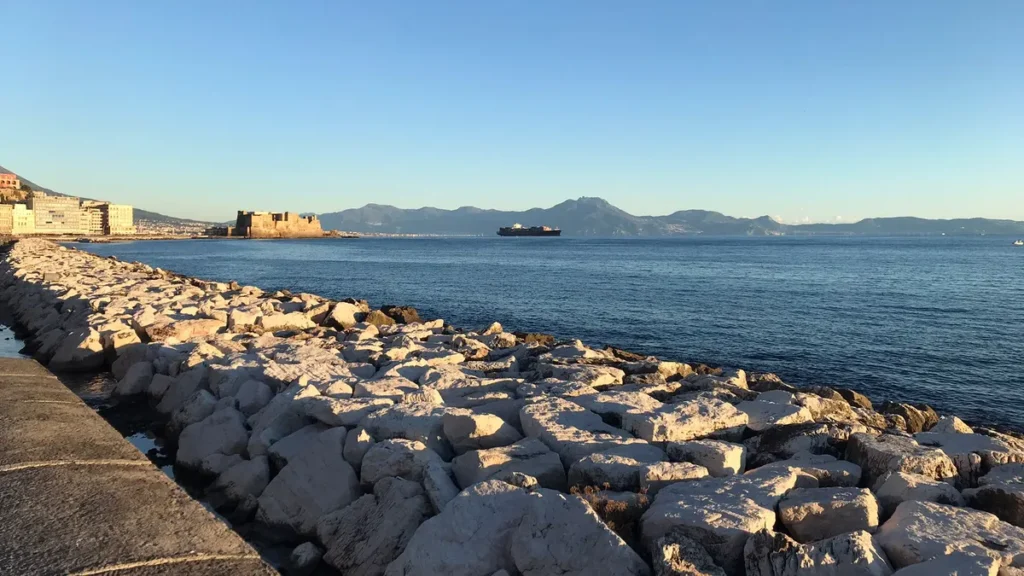For the first time in the G7 we are witnessing a change of pace and attitude towards the development of the most backward countries. The call for the importance ofcreative economy for the prosperity of Africa, with particular attention to the younger generations, marks a turning point. Creativity and culture are recognized as key sectors for global recovery. There were also references to the UNESCO “Conference on Cultural Heritage in the 21st Century” in 2023, also in Naples. Indications, work plans, political commitments that did not go ahead as hoped. The Neapolitan G7 was, therefore, a restart.
“We are committed to building mutually beneficial partnerships, based on the principles of respect for cultural identities, mutual understanding, freedom of expression and co-creation of cultural content and activities” signed the representatives of the countries. The valorization of artistic and cultural heritage requires investments with nine-figure figures and African countries have asked for the protection and sustainable management of their heritage.
G7 Culture, the Unesco heritage lists
They also ask for an expansion of the UNESCO heritage lists, monuments at the mercy of typhoons, floods, climate change. How many of those governments have climate plans and funds to save vestiges, monasteries, places of worship? The call for forms of creative economy will have to free rich countries from many prejudices about the social utility of culture in poor areas. Why, on the other hand, should the utility and pleasure of art only be good for rich countries? And what about the business of Western tourism in those areas where people go to admire ruins and extraordinary sites? The G7 turning point will have to take the direction of greater enjoyment of monuments and centuries-old stories to the advantage, above all, of the new generations. The campaigns and international solidarity for save wealth from climate damage can no longer be the prerogative of strong countries. If we believe in a possible rebalancing of the world, we need to change our tune.
Finance and industry operating in developing areas will be able to promote, with direct investments, the preservation of memories and historical eras, unfortunately marked by the greed of the rich to take possession of symbols of conquered lands. Fortunately, we are in a new world, although affected by too many thefts and illicit trafficking of works of art. Finally, the document signed in Naples highlights partnerships and policies aligned with sustainable development priorities. They will have to respect the cultural diversity and richness of African nations, victims of ancient and modern colonialism. The crazy climate knows no borders. How much will those who have planned or are carrying out industrial initiatives in emerging countries take into account the Naples document? Italy, which presides over the G7, can play a role. It just has to believe in it.
Source link : http://www.bing.com/news/apiclick.aspx?ref=FexRss&aid=&tid=66f39e465f764bb189532ede6961841c&url=https%3A%2F%2Fwww.firstonline.info%2Fen%2Fg7-cultura-sviluppo-sostenibile-e-piu-attenzione-allafrica-ma-basta-leconomia-creativa%2F&c=4571410976471980463&mkt=de-de
Author :
Publish date : 2024-09-24 21:32:00
Copyright for syndicated content belongs to the linked Source.
